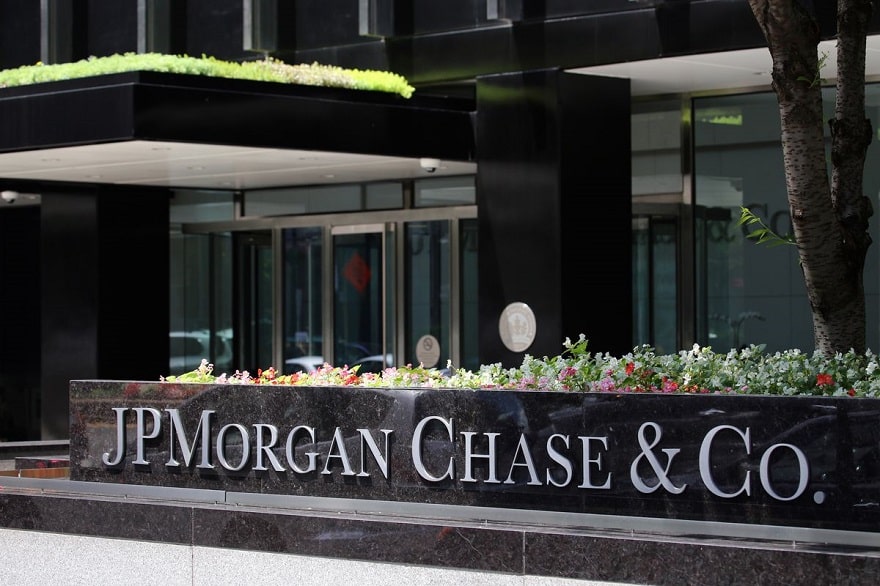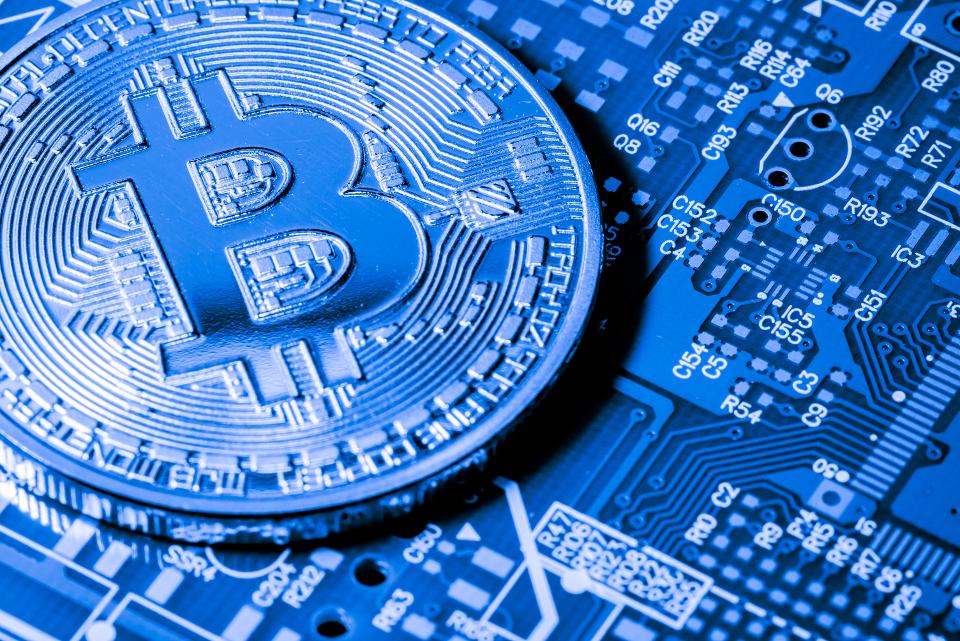Seven Indian banks have joined the blockchain platform of JP Morgan Chase, called IIN (Interbank Information Network) thanks to which it is possible to create faster cross-border payments. An adhesion which seems destined to give great impulse to its business of global transactions, considered as it is the larger partnership operation between banks inaugurated so far.
Interbank Information Network (IIN): what is it?
Interbank Information Network is a platform that represents JP Morgan Chase's first live blockchain service. Its task is to facilitate cross-border payments by trying to eliminate the points of friction that can be caused by jumps through the payment chain in correspondence with the need to acquire additional information. In practice INN aims to provide information to secure the exchange between banks associated with cross-border payments, going to reduce costs and mitigate the risks usually associated with transactions of this kind. To understand the impact of the new system on these operations, it is sufficient to remember that through the platform of JP Morgan Chase the time taken for these requests collapses from 16 days to a few hours.
The data was recalled by Madhav Kalyan, CEO of JPMorgan Chase Bank India, together with the name of the seven banking institutions that joined the initiative: ICICI Bank, Axis BankNSE, Yes Bank, Union Bank of India, Federal Bank of India and Canara BankNSE. Names that are added to more than 330 banks, including Deutsche Bank, Australia and New Zealand Banking Group, which at global level have already decided to join the platform.
The utility of the Interbank Information Network
When making cross-border payments, the banks, in the search for useful information to execute transactions without taking excessive risks, are forced to request information from other banking institutions, before starting the transaction. Among them we must remember the personal data of the beneficiary, fairly simple data, but which in practice require a series of checks to perform which may require a minimum of 2 days, but sometimes they can also become 16 due to the difficulties that arise. In this way a delay in payments is triggered which risks wear down customer confidence.
JP Morgan Chase itself aims to grow the infrastructure through not only the massive participation of banks, but also by offering additional services that can provide added value in terms of speed, cost-effectiveness and transparency. Officially launched last year he immediately received a great appreciation from many institutes, testifying to his goodness.
In an interview last week, it was John Hunter, Global Head of Clearing of the US bank to affirm that its initial intent was that aimed at the development of an ecosystem that was able to help users of banks, taking advantage of the use of emerging technologies such as the blockchain in order to better face the complex area of cross-border payments. A proposal rewarded so far by the results achieved.



